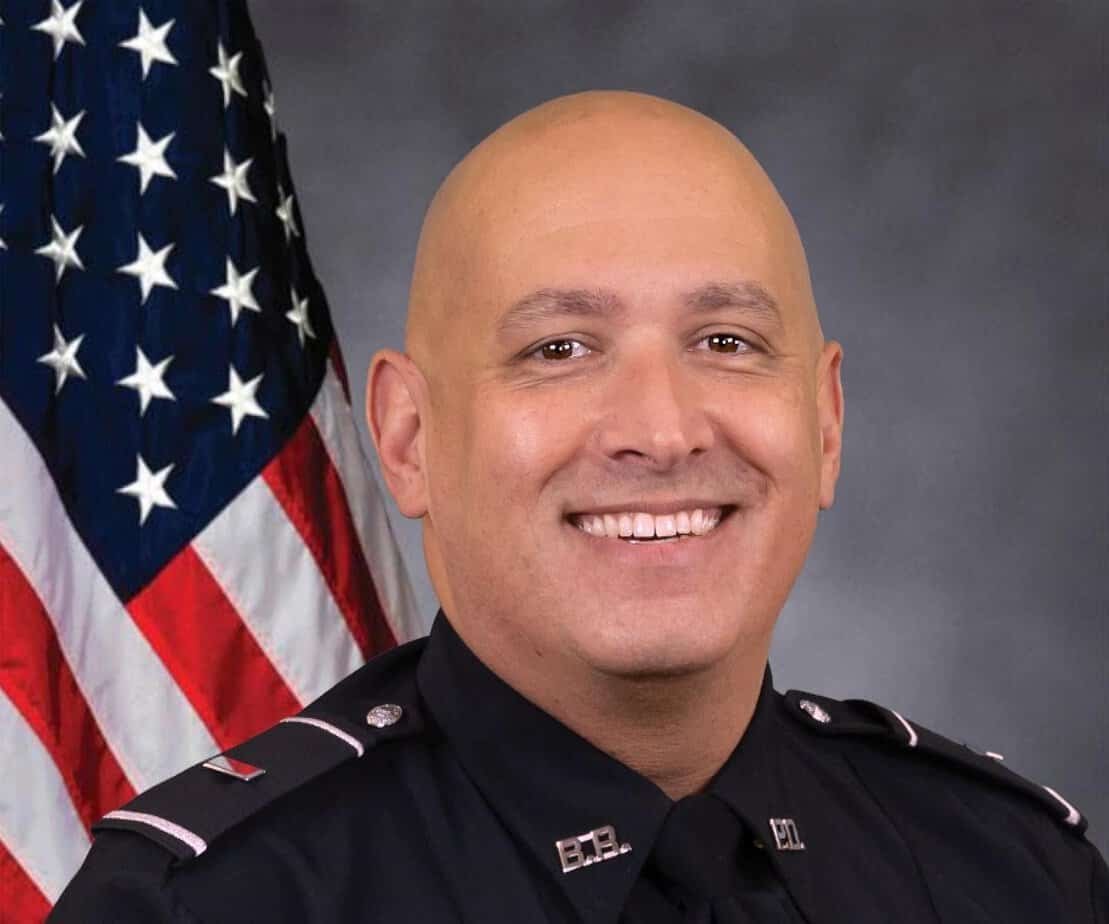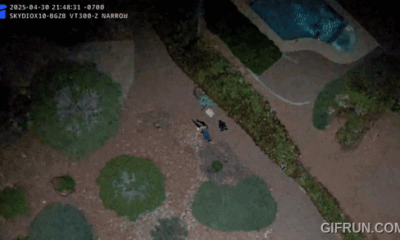City News
Fired Deputy Police Chief Kwitkin Takes Legal Action Against Sedona

Phoenix attorney Troy P. Foster has initiated a notice of claim against the city of Sedona on behalf of former Deputy Police Chief Ryan Kwitkin, who was dismissed from his position on July 10. The claim seeks $360,000 as compensation, though it does not clarify how this amount was determined.
Sedona City Attorney Kurt Christianson confirmed that the city accepted delivery of the claim on August 19. According to state regulations, the city has 60 days to respond before the claim is automatically denied. Should Sedona formally reject the claim, Kwitkin can pursue legal action against the city.
Kwitkin, alongside two Sedona Police Department colleagues, lodged a complaint on March 14 against Police Chief Stephanie Foley, alleging a hostile work environment. An external investigative firm, Revolutionary HR Consulting, reviewed 23 employees’ testimonies and cleared Foley of eight specific allegations on May 23, deeming them “not substantiated.”
However, the same investigation uncovered potential misconduct by Kwitkin, leading to his placement on administrative leave on May 24. Following this, Sedona’s Human Resources Director, Russ Martin, conducted a thorough inquiry into 13 allegations against Kwitkin, ten of which were found substantiated. These included claims of unprofessional behavior in uniform, aggressive interactions with staff, and misconduct involving confidential information.
On July 1, Kwitkin was informed of the city’s intent to terminate him, with a predetermination hearing offered. Despite requesting the hearing on July 3, he did not attend meetings scheduled for July 9 or 10, resulting in his termination on July 10.
The notice of claim outlines several assertions against the Sedona Police Department, including violations of the Arizona Employment Protection Act and defamation. It depicts an organizational culture likened to “soap opera-like cliques,” suggesting a disregard for employee concerns and alleging incidents of retaliation against those who raised legitimate issues.
Kwitkin also raised alarms regarding the procedures for transporting suspects by unarmed volunteers and cited a particularly alarming incident in which an officer mishandled a holding cell key. The claim documents these concerns but notably lacks additional specifics.
Furthermore, the report includes assertions that Kwitkin experienced ignoble treatment and was barred from accessing vital investigation documentation, which he believed compromised his ability to respond adequately during the inquiry. Martin refuted this, stating that providing such documents could have biased the interview process.
Despite having a 23-year career in law enforcement in Boca Raton, Florida, Kwitkin claims he faced a hostile environment in Sedona that stifled legitimate concerns. His allegations against Chief Foley extend to various issues, including vehicle regulations and a disputed traffic encounter, none of which ultimately led to substantiated claims.
Kwitkin’s notice concludes with assertions of health issues stemming from the incidents, indicating a pursuit of punitive damages against involved parties for their alleged misconduct. The claim paints a narrative suggesting that the city had the opportunity to address these concerns but instead “swept them under the rug.”
Foster has become the third attorney to represent Kwitkin, having previously retained the services of the Ledbetter Law Firm in Cottonwood. Notably, Foster has a contentious history, having faced sanctions by the State Bar of Arizona in the past due to ethical violations concerning billing practices.


















